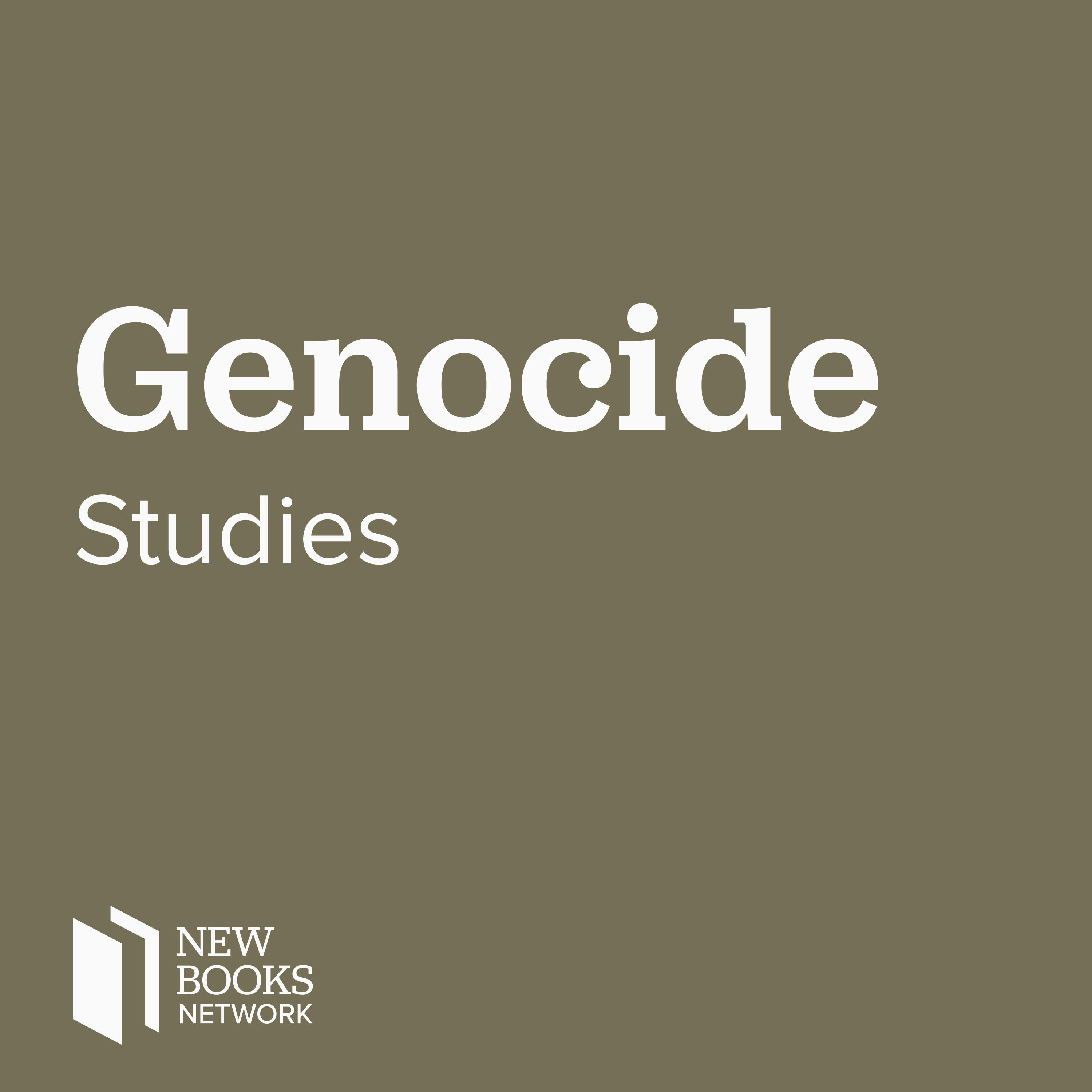Barrett Holmes Pitner, "The Crime Without a Name: Ethnocide and the Erasure of Culture in America" (Counterpoint, 2021)

Can new language reshape our understanding of the past and expand the possibilities of the future?\xa0The Crime Without a Name: Ethnocide and the Erasure of Culture in America\xa0(Counterpoint, 2021)\xa0follows Pitner\u2019s journey to identify and remedy the linguistic void in how we discuss race and culture in the United States. Ethnocide, first coined in 1944 by Jewish exile Raphael Lemkin (who also coined the term \u201cgenocide\u201d), describes the systemic erasure of a people\u2019s ancestral culture. For Black Americans, who have endured this atrocity for generations, this erasure dates back to the transatlantic slave trade and reached new resonance in a post-Trump world.\nJust as the concept of genocide radically reshaped our perception of human rights in the twentieth century, reframing discussions about race and culture in terms of ethnocide can change the way we understand our diverse and rapidly evolving racial and political climate in a time of increased visibility around police brutality and systemic racism.\xa0The Crime Without a Name\xa0traces the historical origins of ethnocide in the United States, examines the personal, lived consequences of existing within an ongoing erasure, and offers ways for readers to combat and overcome our country\u2019s ethnocidal foundation.\n Jeff Bachman\xa0is Senior Lecturer in Human Rights at American University\u2019s School of International Service in Washington, DC.\nLearn more about your ad choices. Visit megaphone.fm/adchoices\nSupport our show by becoming a premium member! https://newbooksnetwork.supportingcast.fm/genocide-studies